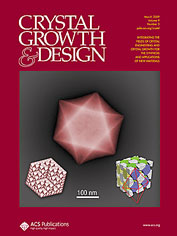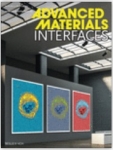The structural properties of a second-generation dihydropyridine calcium antagonist, lacidipine, were explored by combining low-temperature X-ray diffraction with optical vibrational spectroscopy and periodic density functional theory (PBC DFT) calculations. Crystallographic analysis cannot discriminate between two possible molecular symmetries in crystals made of pure lacipidine: the space group Ama2, where the lacipidine molecule lies on mirror symmetry, or a Cc space group with distorted lacipidine molecules. Intermolecular interactions analysis reveals an infinite net of moderate-strength N–H···O hydrogen-bonds, which link the molecular units toward the crystallographic b-axis. Weak interactions were identified, revealing their role in stabilization of the crystal structure. The vibrational dynamics of lacidipine was thoroughly explored by combining infrared and Raman spectroscopy in the middle- and low-wavenumber range. The given interpretation was fully supported by state-of-the-art solid-state density functional theory calculations (plane-wave DFT), giving deep insight into the vibrational response and providing a complex assignment of spectral features. The vibrational analysis was extended onto the lattice-phonon range by employing time-domain terahertz spectroscopy. Analysis of the anisotropic displacement parameters suggests noticeable dynamics of the terminal (tert-butoxycarbonyl)vinyl moiety. The terahertz study provides direct experimental evidence of “crankshaft” type motions in the terminal chain. By combining low-wavenumber vibrational spectroscopy with the first-principles calculations, we were able to prove that the quoted thermodynamically stable phase corresponds to the monoclinic Cc space group.



